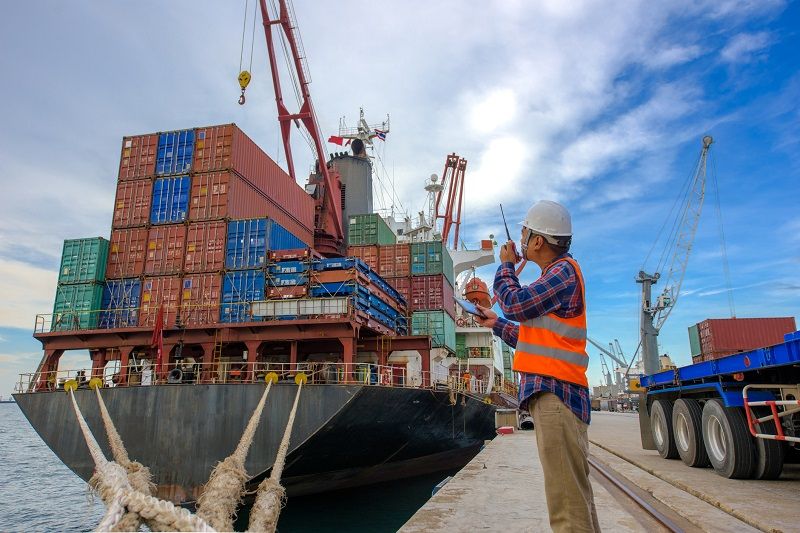How do regional trading blocs enhance or inhibit multilateral free trade
In international trade, the two of the main challenges for all countries are firstly providing for their populations with affordable products, all while controlling inflation in the country. They must also protect their local market from competition from certain countries. These challenges have led countries to regroup in regional trading blocs.
The advantages of these regional trading blocs are numerous. They allow, for example, to minimize the indirect costs of importing a product. These costs are linked to customs duties and taxes, transport costs, or the intervening intermediaries. They also make it possible to protect the regional market against competition from third countries by harmonizing their trade policies towards these countries. So for the same product imported from a third country, because of customs duties, this product will necessarily be more expensive than those produced locally.
This last point is causing dissatisfaction among many key actors of international trade who believe that protecting their local market is an anti-competitive measure. The trade preferences granted to the member states of the same group automatically exclude competition from products from third countries, which will not benefit from these advantages and will have to be sold at a higher price on the market. This preference can be understood when it is a question of products vital to the economy of the countries of the region. Still, when it extends to all products, it is a threat to the entire international trading system.

The logic would, therefore, be that the countries of the same commercial block favor trade between them, but this is not always the case. Indeed, regional trading blocs are only an advantage for regions whose member countries offer diversified product offers. The more diverse the product offerings, the more the countries have an interest in exchanging with each other. Thus, for regional trading blocs like ECOWAS, whose countries have almost similar offers, intra-block trade represented only 24% in 2016. While a trading block like ASEAN, whose countries have very diversified offers, this percentage reached 67% the same year. We can conclude that the positive or negative influence of regional trading blocs depends on the objective of the blocks and the means used to achieve them.
Learn More with EXIMA
At EXIMA, we believe in making international trade easy and ensuring you have all the tools you need to trade confidently. That includes helping our users learn everything they need to know about global trade. Join the Export Import Association today!









